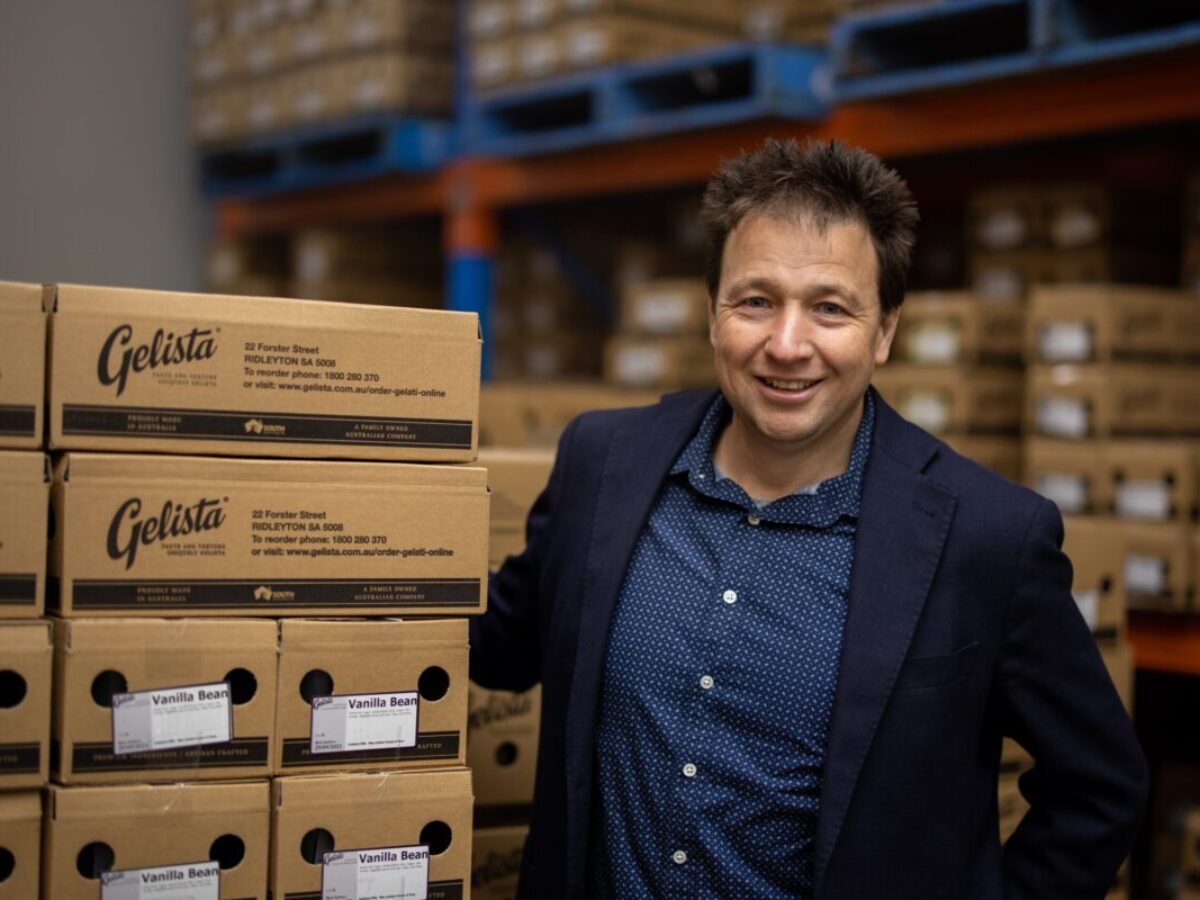A look at climate reporting obligations for manufacturers

SPONSORED CONTENT
The long-anticipated mandatory climate-related financial disclosures have been passed into law and will affect some companies as soon as January 2025.
The requirements will be phased in over a three-year period and capture companies based on size, value and turnover. Companies that are not directly in scope of reporting may be affected due to due diligence requirements across the value chain.[1]
Climate-related Financial Disclosures will accelerate the ESG conversation, shares Camilla Waterhouse, Executive Manager of Environment, Social and Governance in CommBank's Business Banking unit.
“Essentially, many large corporate businesses and some not-so-large businesses will soon be required to publicly report on their approach to managing climate-related risks and opportunities,” explains Waterhouse.
“Then following on from the reporting piece, the second area that I think is going to be increasingly important over the next 12 months is a focus on decarbonisation strategies.”
Peter Cox (pictured), Managing Director of dessert business Gelista, is watching ESG responsibilities closely.
The business he founded in 2009 is growing rapidly. Gelista moved into a new factory in 2022 and achieved its first full-container export shipment in November last year.
At 20 or so employees, it’s still at a size where sustainability-related investments – such as the recent instalment of a 90-kilowatt solar system – have to be weighed up against medium-term payback.
Cox says that he sees ESG like any other corporate key performance indicator: “What gets measured gets some focus and attention and ultimately leads to improvement. So I think there’s going to be many corporations on the ESG journey with this.”
“And the first step of the journey is to work out for each [ESG] dimension where they’re on a continuum, and then work out what are the next steps towards the goals they need to take in order to achieve each.”
In addition to the phased-in responsibilities to report on climate-related and sustainability-related financial information, and companies’ related decarbonisation strategies, Waterhouse expects a few other topics in sustainability to increase in importance.
These include maturing and enhancing due diligence when it comes to human rights, as well as natural capital management.
“So not just climate, thinking about primary resources that are used, how they are managed, how they are sourced,” she adds.
“Including both if they’re from Australia or from overseas jurisdictions as well.”
This episode of @AuManufacturing Conversations was produced in cooperation with Commonwealth Bank of Australia, and features Cox and Waterhouse. In it, they discuss the background to the upcoming climate reporting obligations, as well as how companies can use sustainability to create value and reduce risk for their business.
Episode guide
0:20 – An introduction to guests.
2:08 – Some observations on where corporate sustainability is going in the next 12 months.
4:46 – Mandatory climate reporting. Why it’s on the way in, some international context, and some things that will be required of companies captured by this.
8:02 – A lot of companies are measuring a lot of data on climate, but there must also be a mindset switch.
9:03 – Climate reporting and Gelista’s point of view. “In the meantime I’m just gathering together the information and starting to build up an awareness and understanding…”
10:22 – Expected investment in uplifting processes and data to make these disclosure ready.
13:24 – Making sustainability a competitive advantage, and how this looks from the perspective of a smaller manufacturer. A reasonably quick payback is needed, with a few examples of this.
15:55 – Some offerings available to support sustainability programs at both small and larger-scale companies.
19:12 – Gelista’s move into its new factory and some of the sustainability measures included onsite.
21:10 – Concerns about mandatory reporting plus some positive spin on these coming requirements.
Things you should know
Guests featured in the podcast are speaking from their personal experiences only. As this podcast has been prepared without considering your objectives, financial situation or needs, you should, before acting on the content, consider its appropriateness to your circumstances. CommBank does not necessarily endorse the views of a particular individual or guarantee the accuracy of the information provided.
© 2024 Commonwealth Bank of Australia ABN 48 123 123 124 AFSL and Australian credit licence 234945
@aumanufacturing Sections
Analysis and Commentary Awards casino reviews Defence Gambling Manufacturing News Online Casino Podcast Technology Videos





